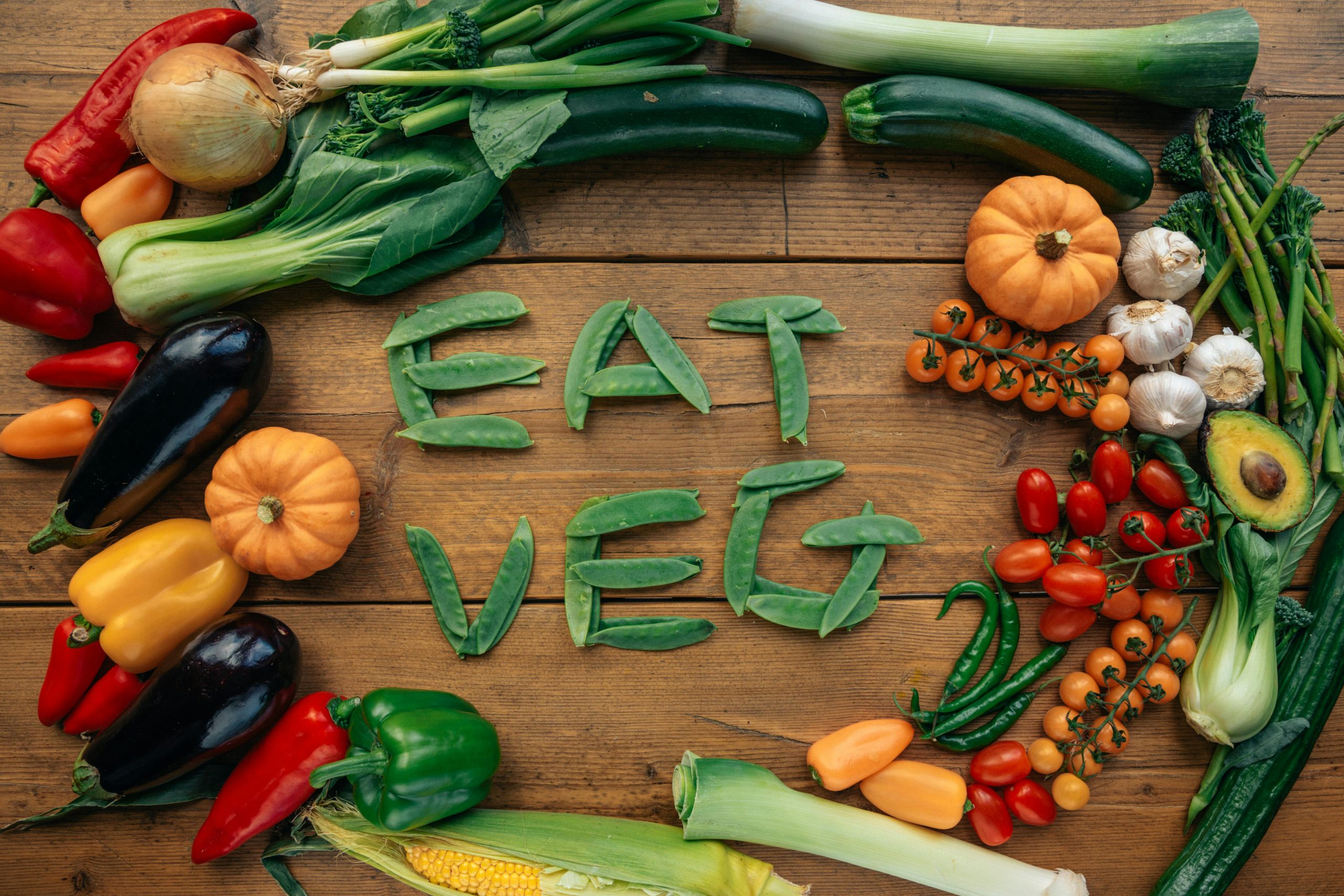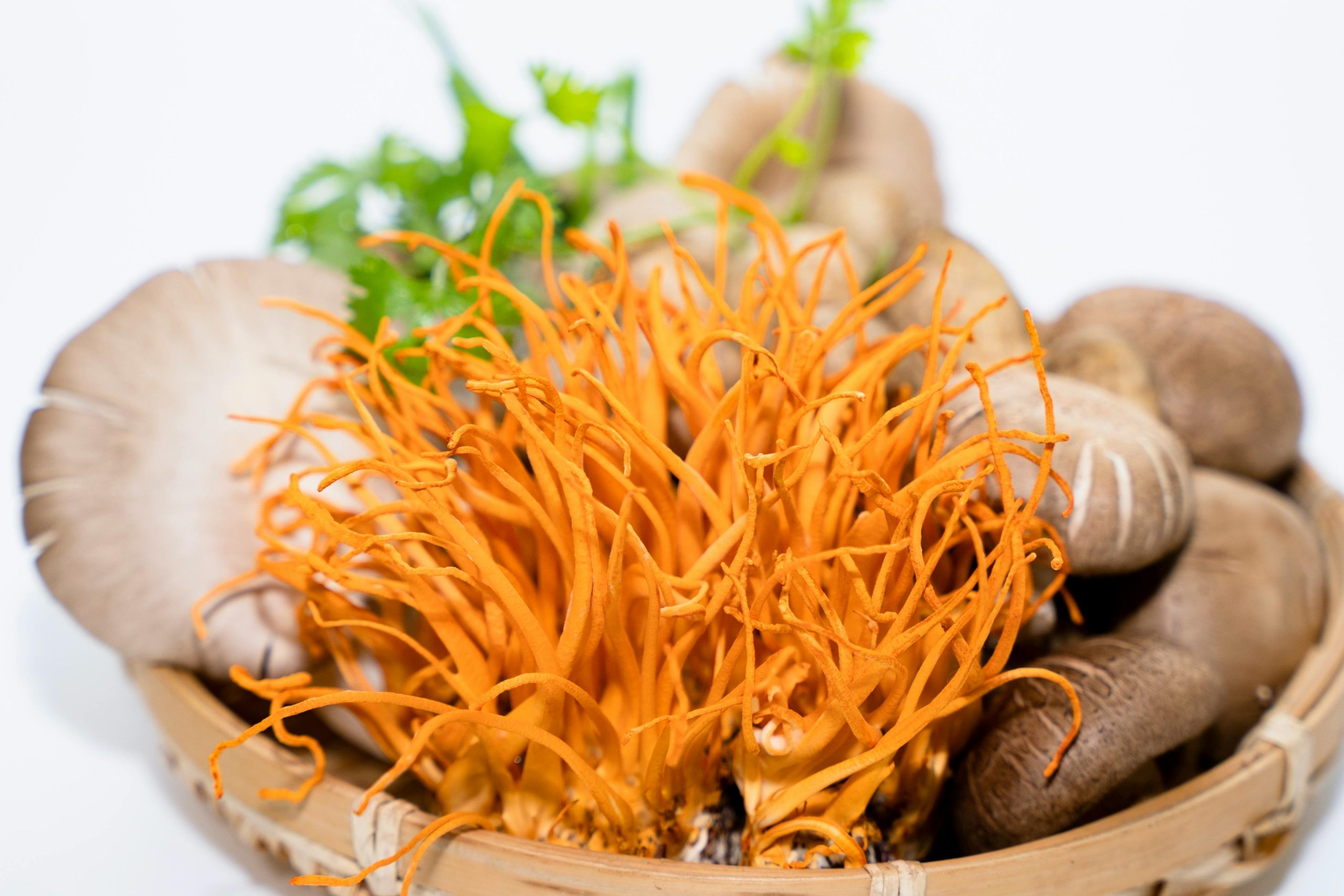As plant-based eating patterns evolve, the focus is shifting towards the functionality of nutrient-dense plant ingredients. Consumers’ growing demand for healthier and sustainable options is propelling these emerging plant powerhouses into the spotlight. Ingredients such as aronia berries, chickpeas, functional mushrooms, sorghum, and spirulina, are redefining nutrition and ingredient selection.
These ingredients not only offer noteworthy health benefits but also align with sustainable and ethical food practices. As we look to the future, these nutrient-dense plant ingredients are poised to play a pivotal role in shaping nutrition – and food innovation.
Let’s further examine each ingredient.
Aronia Berries
Aronia berries may be one of the newest super berries on the market, but they have been used by Native Americans in numerous ways. Their superior antioxidant content may support stress and inflammation, potentially benefiting heart and immune health, as well as overall wellbeing.
The berries contain fiber, Vitamin C, manganese, and supply folate, iron, and Vitamins A, K, and E. Aronia berries can be used in various culinary applications, including smoothies, juices, jams, and baked goods. They have a tart flavor and are often combined with sweeter fruits, and are available in fresh, frozen, or powdered form.
Chickpeas
Chickpeas are a staple in plant-based diets for a reason. They are a rich source of protein, fiber, and essential vitamins and minerals, including iron, magnesium, and folate. Chickpeas support blood sugar management, digestion, and heart health. They shine in dishes like hummus, salads, soups, and stews.
Roasted chickpeas make a great crunchy snack, and chickpea flour is an excellent gluten-free option for baking. However, the full potential of chickpeas and chickpea flour has yet to be realized. Chickpeas and chickpea flours are being used to make crunchy shelf-stable snacks, pizza crusts, plant-based burger patties, pasta, cookies, ice cream, waffles, sauces, and snack bars. The popularity, versatility, and functional benefits of chickpeas have paved the way for other beans and legumes to be used in similar ways.
Functional Mushrooms
Functional mushrooms such as reishi, chaga, lion’s mane, and cordyceps are gaining attention for their health benefits. These mushrooms contain bioactive compounds that support immune function, reduce inflammation, enhance nerve function, contribute to digestive and heart health, and improve cognitive function.
Functional mushrooms are increasingly popular in beverages, particularly mushroom coffee, and are being incorporated into ready-to-drink beverages. They’re also used in mushroom-based supplements and snacks, which are becoming popular for daily wellness. Functional mushrooms will continue to intrigue culinarians and food scientists as mycelium-based meat evolves.
Sorghum
Sorghum, an ancient grain, is high in protein, fiber, and essential nutrients like iron and B vitamins. Its mild flavor and robust nutrient profile make it a valuable gluten-free substitute for baked goods and snacks.
Sorghum flour can be used in a variety of baked goods, including bread, muffins, pancakes, crackers, and chips. It can also be combined with other gluten-free flours to improve texture and add nutritional value to recipes and packaged foods.
Spirulina
Spirulina, a blue-green algae, is making waves with its impressive nutrient profile. It is rich in protein, vitamins, minerals, carotenoids, and antioxidants that help protect cells from damage. It contains nutrients such as B complex vitamins, beta-carotene, Vitamin E, manganese, zinc, copper, iron, selenium, and gamma-linolenic acid (an essential fatty acid).
Spirulina’s vibrant green color and nutrient density make it a standout ingredient. Spirulina can easily be incorporated into smoothies, juices, and other beverages. Its powder form is versatile, blending seamlessly into snack and energy bars, protein shakes, and baked goods. Whether you’re looking to add a nutritional boost or a splash of bright color, spirulina fits the bill.
About the author: Maria Caranfa is a senior food industry leader driving growth, innovation, and social impact through strategic business integration and communication of nutrition, policy, sustainability, and consumer insights. She is a food and nutrition writer and Registered Dietitian Nutritionist.
The Food Institute Podcast
U.S. grocery retailers are facing regulatory scrutiny on pricing, ever-increasing shrink and a financially-stretched consumer, but how can they adapt to these new market pressures? Supermarket Guru Phil Lempert joined The Food Institute Podcast to discuss the Kroger-Albertsons merger, the rise of private label and more.











